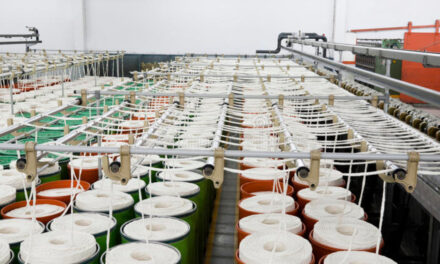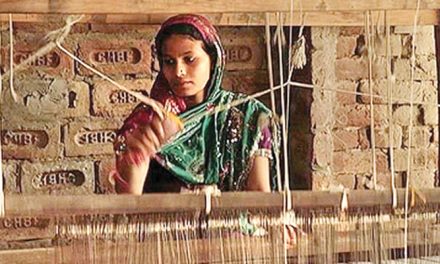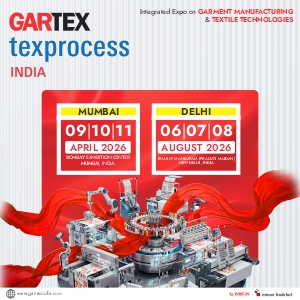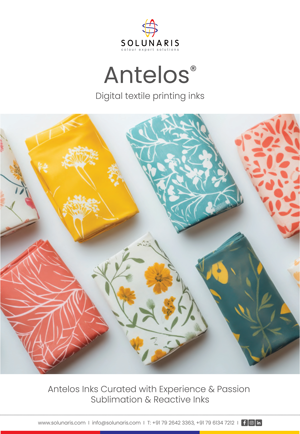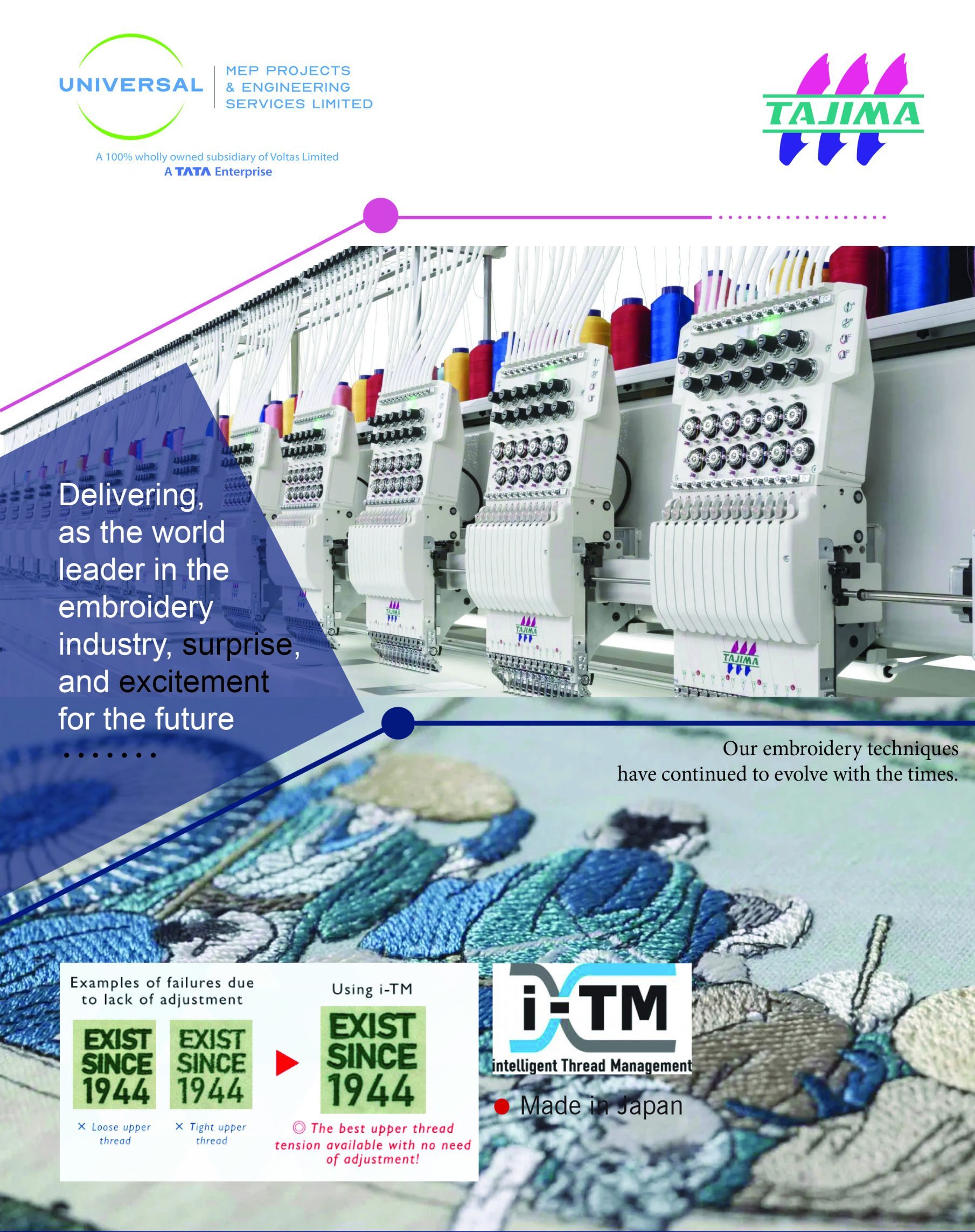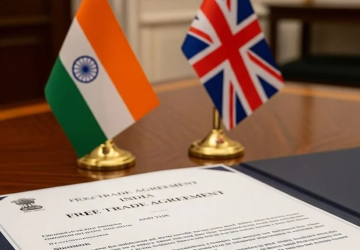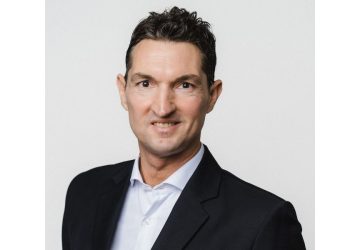 The textile industry is at a crossroads, facing an unprecedented wave of sustainability mandates from global markets like the EU, alongside evolving national regulations. The Confederation of Indian Textile Industry (CITI) is stepping up to the challenge with its inaugural Management Development Program on Environmental, Social, and Governance (MDP-ESG), designed to arm industry managers with the tools and knowledge needed to navigate this new landscape. Held at the Bombay Textile Research Association (BTRA) in Mumbai, the three-day program became a hotbed for dynamic discussions, innovative ideas, and strategic insights. Industry leaders, academics, and experts converged to dissect the pressing ESG challenges facing the textile sector, from sustainability reporting to circular economy practices.
The textile industry is at a crossroads, facing an unprecedented wave of sustainability mandates from global markets like the EU, alongside evolving national regulations. The Confederation of Indian Textile Industry (CITI) is stepping up to the challenge with its inaugural Management Development Program on Environmental, Social, and Governance (MDP-ESG), designed to arm industry managers with the tools and knowledge needed to navigate this new landscape. Held at the Bombay Textile Research Association (BTRA) in Mumbai, the three-day program became a hotbed for dynamic discussions, innovative ideas, and strategic insights. Industry leaders, academics, and experts converged to dissect the pressing ESG challenges facing the textile sector, from sustainability reporting to circular economy practices.
A Call to Action for Sustainability
The program kicked off with an address by CITI’s Secretary General, Chandrima Chatterjee, setting the tone for an event that would shape the future of the industry. CITI Chairman Shri Rakesh Mehra took the stage, emphasizing the dual challenges and opportunities that come with meeting sustainability compliances. “Sustainability is not just about meeting the needs of the present without compromising the ability of future generations to meet their own,” Mehra asserted. “It is about adopting a holistic approach that integrates economic growth, social equity, and environmental protection.”
This sentiment was echoed by other prominent attendees, including Sunil Patwari, Chairman of TEXPROCIL, and Dr. Siddhartha Rajagopalan, Executive Director of TEXPROCIL, who shared their perspectives on how the industry can adapt to these new demands.
 Key Insights and Groundbreaking Discussions
Key Insights and Groundbreaking Discussions
The technical sessions were the heartbeat of the program, diving deep into the complexities of ESG integration. On Day 1, participants explored environmental sustainability, guided by experts like Ms. Bharti Birla from the International Labour Organization (ILO) and representatives from RRMA and IIM Mumbai.
The sessions covered crucial topics such as sustainable water management, chemical compliance, and life cycle assessment, providing participants with a comprehensive understanding of how to minimize the industry’s environmental footprint.
Day 2 saw advanced discussions led by Mukesh Garg from Monash University, who compared ESG practices between India and Australia. Sessions on Extended Producer Responsibility (EPR) and sustainability governance highlighted the importance of designing products with their entire lifecycle in mind, an approach that is set to become mandatory in the EU by 2025.
The final day was dedicated to human rights and international standards, with experts from Partners in Change, Pradeep Narayanan and Jhumki Dutta, leading sessions on the National Guidelines on Responsible Business Conduct (NGRBC) and Business Responsibility and Sustainability Reporting (BRSR). Participants engaged in hands-on group activities, mapping factory environments, and evaluating social risks, underscoring the need for a thorough integration of human rights into industry practices.
A Grand Finale with a Vision for the Future
The program concluded with a Certificate Distribution Ceremony, graced by the Chief Guest, Textile Commissioner, Roop Rashi. In her keynote address, she lauded CITI’s initiative and called for collaborative efforts to simplify the reporting process for ESG compliances, particularly for MSMEs, to ensure that sustainability is accessible to all.
Distinguished experts like Sudipta Bhadra, Chief Technical Advisor at ILO, and Vinod Jain, VP at Indo-Count Industries, added further depth to the discussions, offering their perspectives on the path ahead.
With the resounding success of the inaugural MDP-ESG, CITI is already planning the next session in Bangalore, conveying its commitment to leading the textile industry towards a sustainable and equitable future.




